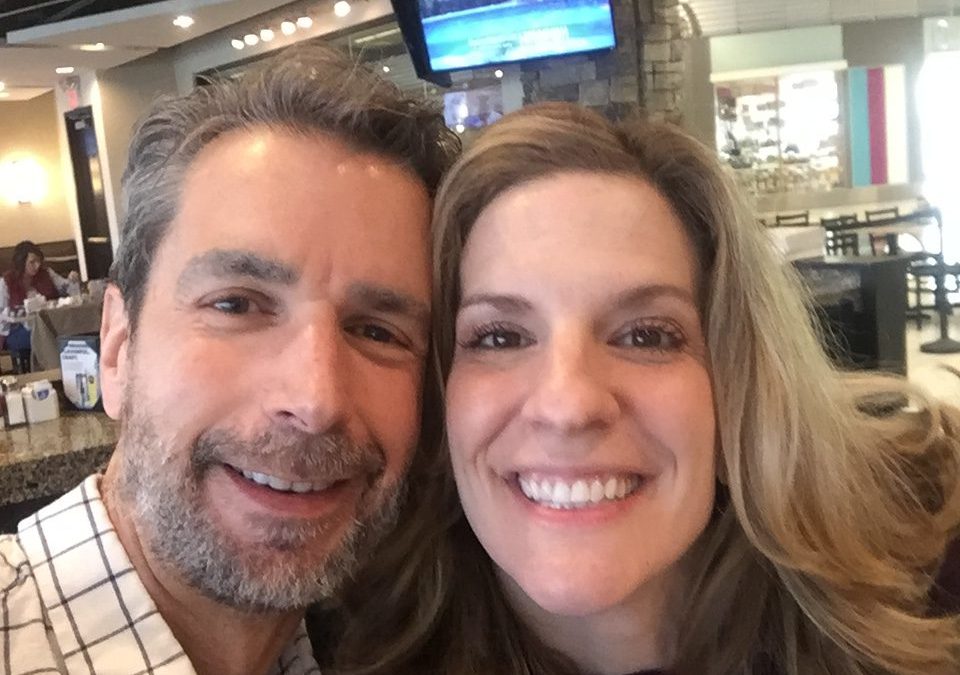According to a study commissioned by CPP Inc., U.S. employees spend 2.1 hours per week involved in conflicts, which amounts to approximately $359 billion in paid hours or the equivalent of 385 million working days.
I don’t know about you, but I’m not a fan of conflict.
Conflicts come from communication breakdown (lack of clarity, lack of context, lack of awareness) and, like many people, I find them unavoidable.
Here at PS, I have a small but mighty team. Thank you, Jacey (admin), Danielle (content design), Claudia (website) and Clark (CFO and husband extraordinaire).
You can imagine that when your husband is the CFO of your business; there are all sorts of opportunities for conflicts.
Here’s what happened this weekend:
Clark and I were working on the books. I have a system, and he has a system. Which means, we’ve nailed corporate silo-ing (sarcasm intended). We needed to make some decisions, and the conversation went south fast.
“Why do you need that?”
“That’s not possible; we can’t do that.”
“I’ve never done it that way.”
My big ole ego was getting in the way; I couldn’t let go of the idea that “my way” was the “best way.”
It was painful. I was frustrated and angry. Clark was frustrated and angry. The disagreement left me distracted, unproductive, and a pain to be around.
Sound familiar?
Has this ever happened to you?
In worst case scenarios, conflicts like these damage lead to grudges, sabotage, and damaged relationships.
But it doesn’t have to be this way.
We can get out of conflict and back into productive conversations quickly with one simple step.
Take responsibility.
I took responsibility for the communication breakdown.
All of it.
Not a little bit, not half, not the parts where I “could see where I was wrong.” (assigning blame directly or indirectly to anyone other than myself only adds fuel to the conflict).
All of it.
I said this; “The breakdown we’re having is my fault.”
That’s it.
I didn’t add qualifiers like “but if you’d just considered my…“ or “well I wouldn’t have reacted that way if you had...”.
He wasn’t clear on what I needed and why I needed it, and I wasn’t clear on why he couldn’t give me the information I was asking for.
Those were the facts.
I took responsibility, and it stopped our conflict. We were able to get clear quickly and move forward with the work that needed to get done, which is a good thing because we still have to do things like grocery shop and hang out together.
You can do this too, with anyone at any time. At work, at home, and with your friends.
Take responsibility and watch how quickly you’re able to get back to work; better, stronger, and smarter than you were before.
PS
Simple doesn’t equal easy.

